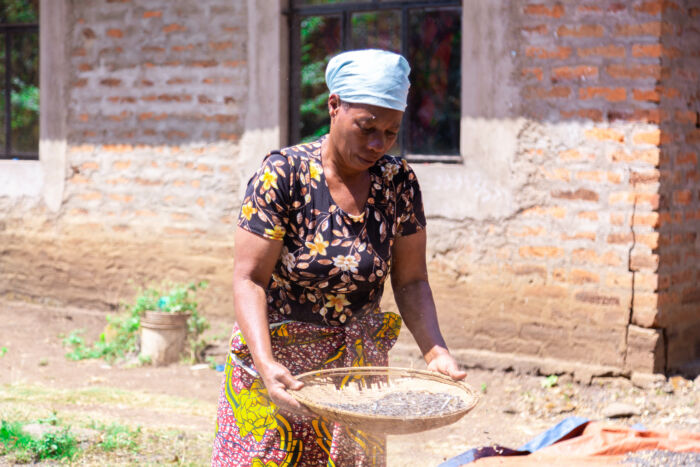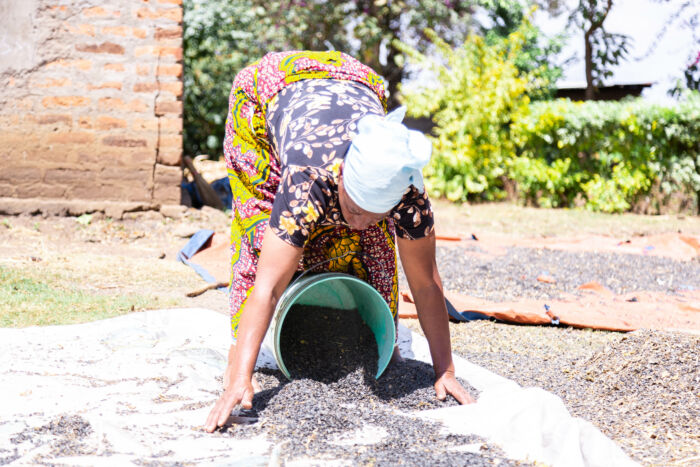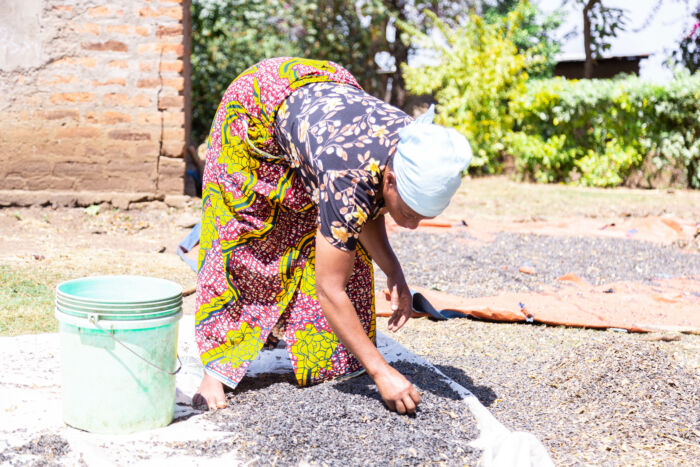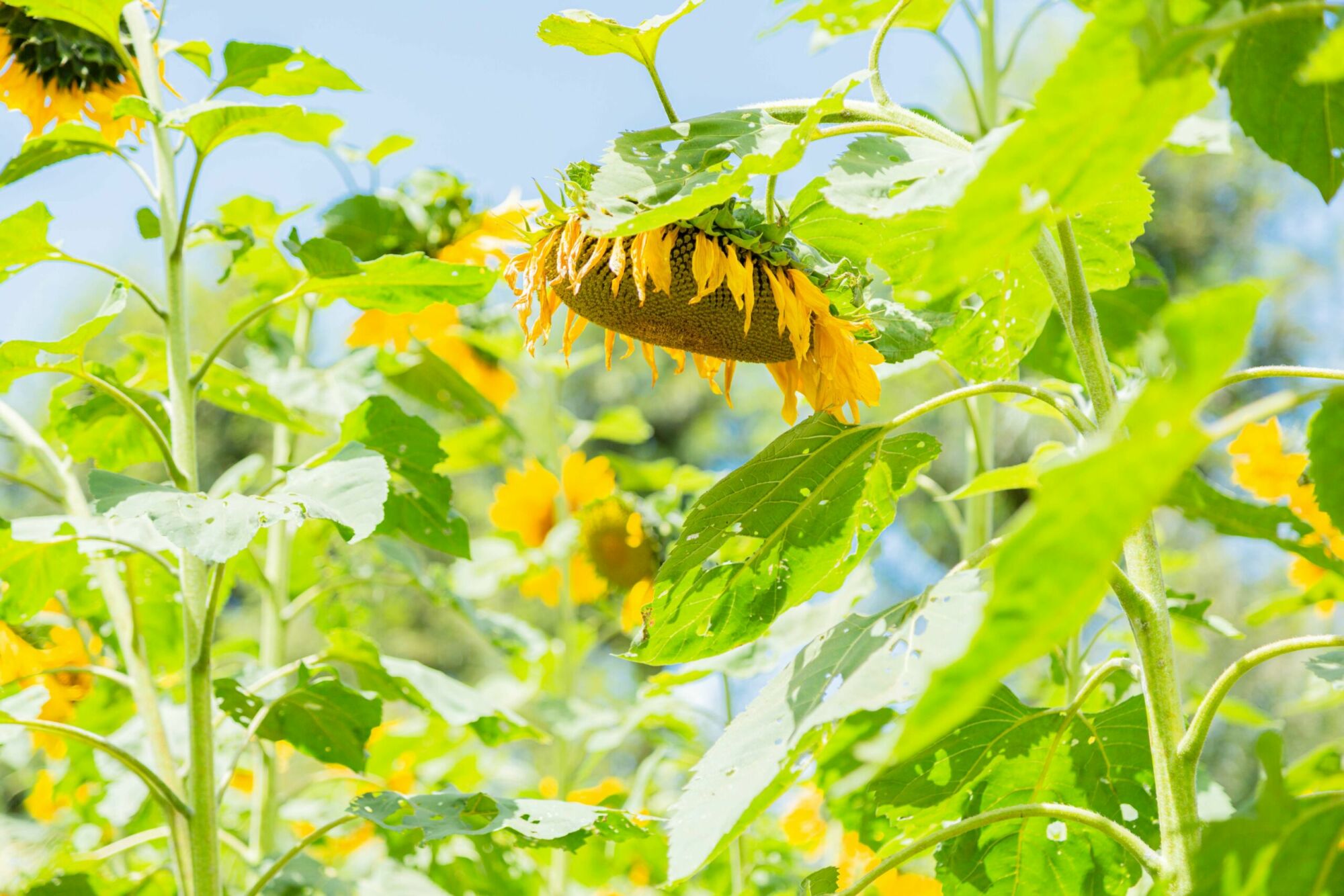Sara Isack Namuyo, aged 52, a dedicated farmer and a mother of four, resides in Ngarashi ya Chini, Monduli district, Arusha. Like countless farmers in her region, she used to cultivate crops primarily for personal consumption, occasionally selling surplus produce to alleviate the challenges of daily life.

Commercial farming was never a primary goal for her family; their farming efforts were aimed at self-sufficiency and supplementing their livelihood.
To explore the full potential of farming, specifically sunflower cultivation, Sara joined a select group of nine trial farmers volunteering to participate in the Farmer-led Research and Innovation (FO-RI) project. Despite her husband’s initial reservations about allocating land for the endeavor, Sara remained resolute in her pursuit, becoming one of the ten trial farmers who received training and established demonstration plots in Monduli.
During the project’s initial phase, Sara’s dedication bore fruit as she uncovered the untapped potential of sunflower farming through training sessions and expert guidance from Tanzania Agriculture Research Institute (TARI).

My family had reservations about my sunflower research, believing I was squandering our time and land. However, I persistently believed that my efforts would yield results,” Sara recounted.
She added, “In our region, people tend to favor the familiar or proven farming endeavors; they are often hesitant to embrace innovation. Being a woman added an extra layer of challenge for me.” Sara excelled in her trial farming in the district, actively participating in training programs, innovative platforms, and capacity-building sessions organized by Mtandao wa Vikundi vya Wakulima Mkoa wa Arusha (MVIWAARUSHA).
Mrs. Sara now recognizes the critical role of adhering to best practices, closely monitoring weather conditions, and following established techniques to enhance her farming endeavors. “This research has been an invaluable learning experience, and we, as farmers, can significantly elevate our farming practices by implementing even the smallest improvements,” said Mrs. Sara.

With her exceptional performance, farmers involved in the sunflower value chain research will benchmark and flourish.
The project has successfully established three sunflower seed processing units in each project district, complete with essential accessories. The acquisition of machinery has significantly boosted farmer morale, inspiring active participation within the community. This achievement represents a noteworthy milestone, not only in supporting research initiatives but also in enhancing the capabilities of local farmers.
